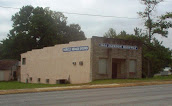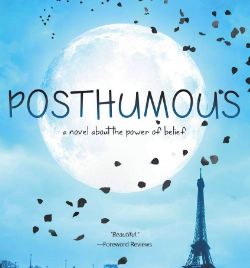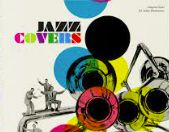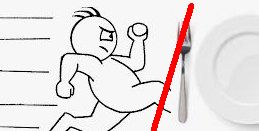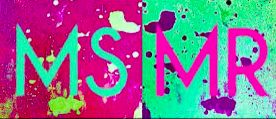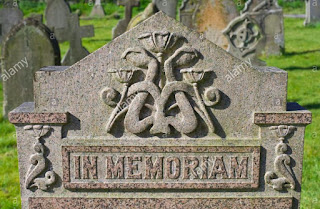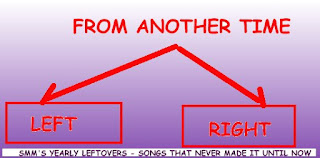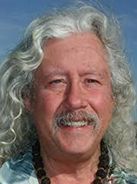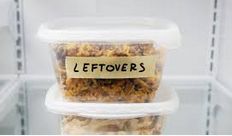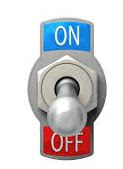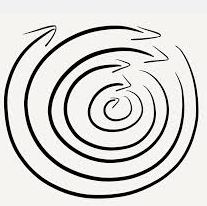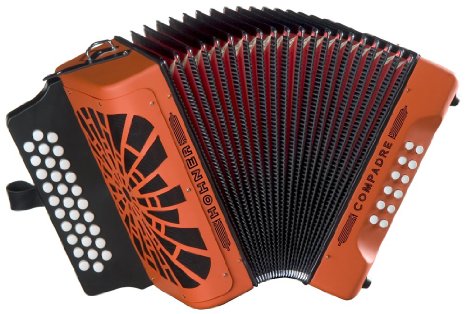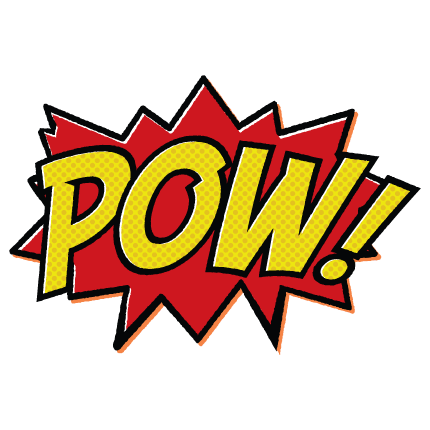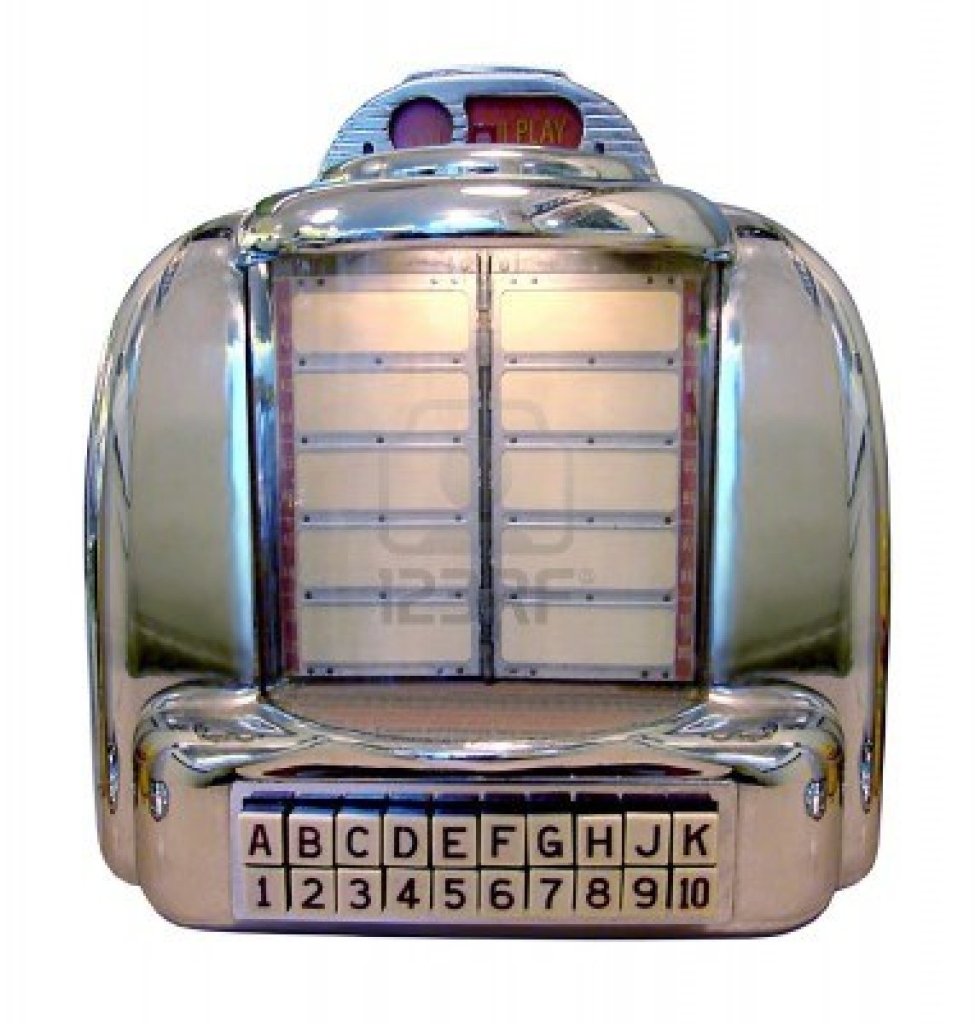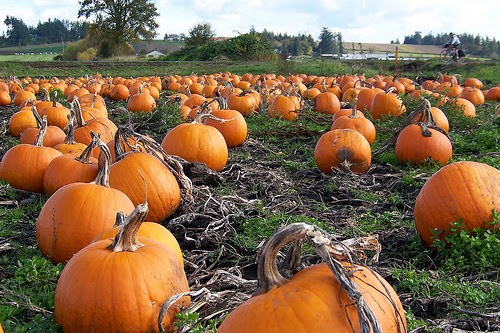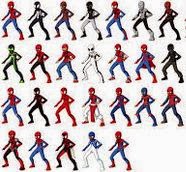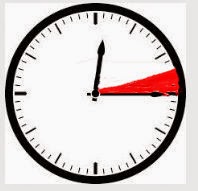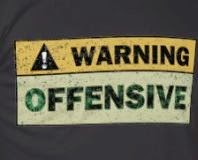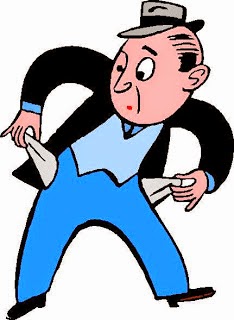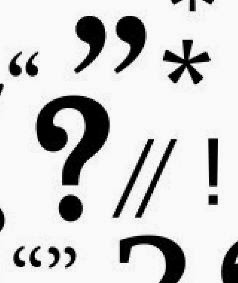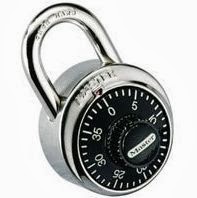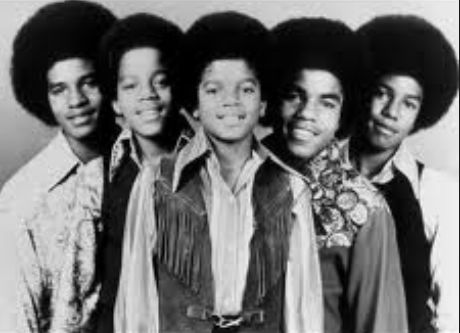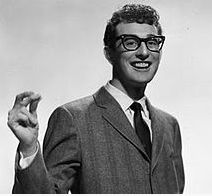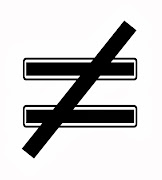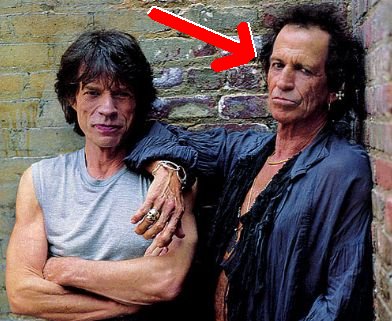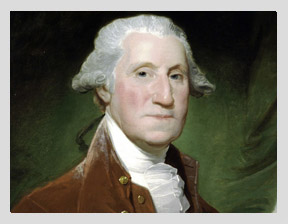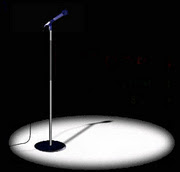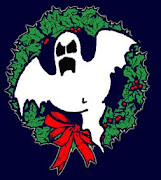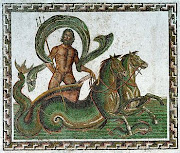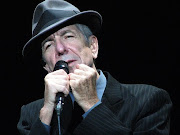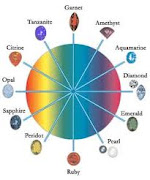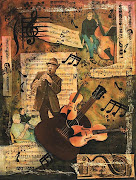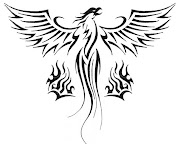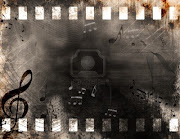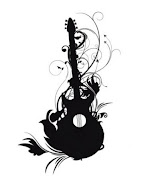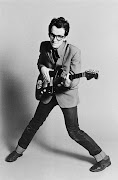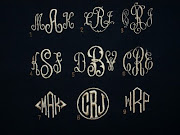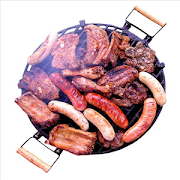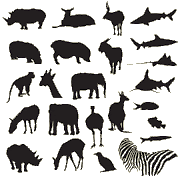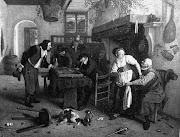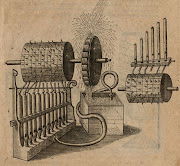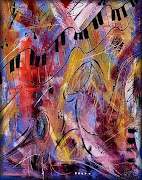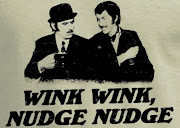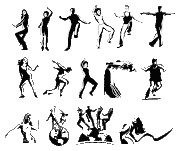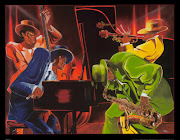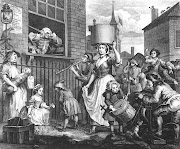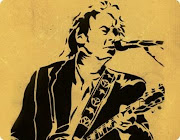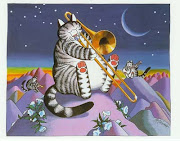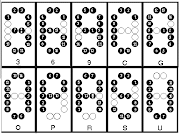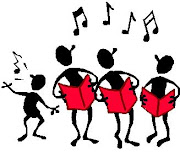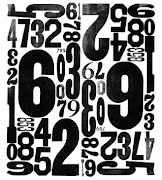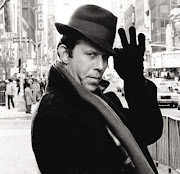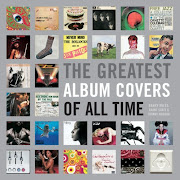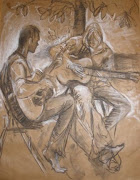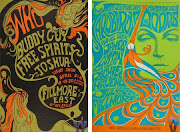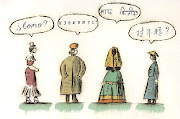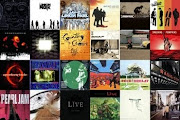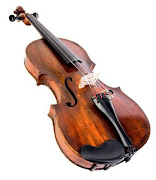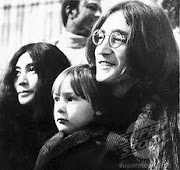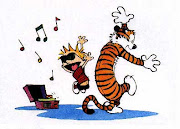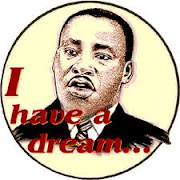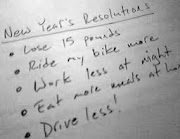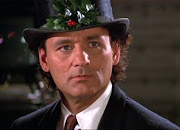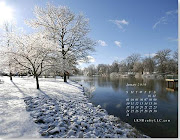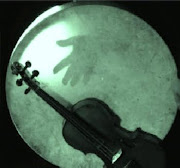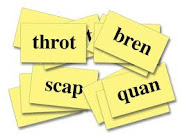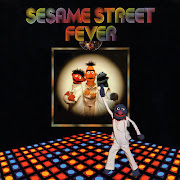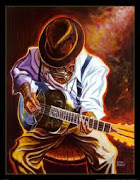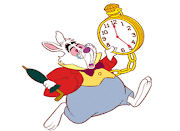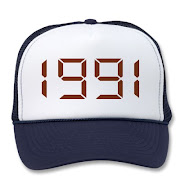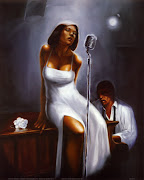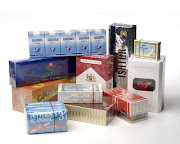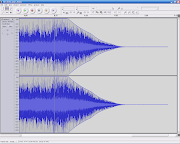Jerry Reed: Guitar Man
[ Purchase ]
Justice delayed: After years of being unfairly bypassed, Jerry Reed is finally making his way to the Country Music Hall of Fame in 2017. It's easy to become obsessed by the snub. (How did Charlie Daniels get in before Reed?) Ultimately, it doesn't matter: Reed is a seminal figure in country music, and hopefully this recognition will allow a new generation to discover his great records, writing and guitar picking.
He was born Jerry Reed Hubbard in 1937. He emerged from an impoverished childhood and developed his chops as a lightning-fast guitar player. He began recording rockabilly sides for the regional NRC label and then Capitol. (I could have just as easily chosen "Mister Whiz" for this entry.)
After a stint in the military, Reed recorded 45s for Columbia that almost no one heard. One of the few that did listen was Chet Atkins, who bought out the contract and signed Reed to RCA. (They are all one big, dying conglomerate now.) Atkins got his money's worth as Reed emerged as a prolific side musician. His distinctive nylon-string picking shows up on '60s and '70s records by Elvis Presley, Dolly Parton, Porter Wagoner, Skeeter Davis and others. Joan Baez sought him out when she came to Nashville to record. His lightning fast, run-the-fretboard style of picking was widely admired, and Atkins frequently cited him as the best guitarist in Nashville.
Still, Atkins, who guided RCA's country division, couldn't initially figure out a way to get Reed hits. "Guitar Man" was his debut single for RCA, and it stalled at #53 on the country charts in 1967. (A year later, Elvis had a minor pop hit with the song.)
Slowly Reed and Atkins carved out a style that resonoated with country audiences -- a mix of talking blues, cocktail-lounge ballads and novelty records. Ironically, those novelty songs -- "When You're Hot You're Hot," "Amos Moses" "Alabama Wild Man" and others -- may have kept some from taking Nashville's best guitar man too seriously. Yet Reed managed a streak of top 20 records that stretched from 1968 to 1983.
In paticular, his 1970s output is stellar. He cranked out full-length LPs like clockwork -- 20 studio records between 1970 and 1979. They stand out not only because of the blistering picking, but great song selection. Reed avoided the dull covers that mar so many 1970s country records, particularly those from RCA. He wrote much of his material, and augmented those songs with obscure tunes from the American songbook. He was one of the few country recording artists to use a full drum set, and his records sounded great, despite RCA's horrible pressing practices. (Get a load of his take on another two-word track, Sixteen Tons.)
Whatever the reason, Reed didn't get the recognition he deserved in his lifetime, passing away in 2008. I look forward to seeing Reed's Hall of Fame plaque later this year. "Guitar Man" are two words that aptly sum up his great career.
[ Purchase ]
Justice delayed: After years of being unfairly bypassed, Jerry Reed is finally making his way to the Country Music Hall of Fame in 2017. It's easy to become obsessed by the snub. (How did Charlie Daniels get in before Reed?) Ultimately, it doesn't matter: Reed is a seminal figure in country music, and hopefully this recognition will allow a new generation to discover his great records, writing and guitar picking.
He was born Jerry Reed Hubbard in 1937. He emerged from an impoverished childhood and developed his chops as a lightning-fast guitar player. He began recording rockabilly sides for the regional NRC label and then Capitol. (I could have just as easily chosen "Mister Whiz" for this entry.)
After a stint in the military, Reed recorded 45s for Columbia that almost no one heard. One of the few that did listen was Chet Atkins, who bought out the contract and signed Reed to RCA. (They are all one big, dying conglomerate now.) Atkins got his money's worth as Reed emerged as a prolific side musician. His distinctive nylon-string picking shows up on '60s and '70s records by Elvis Presley, Dolly Parton, Porter Wagoner, Skeeter Davis and others. Joan Baez sought him out when she came to Nashville to record. His lightning fast, run-the-fretboard style of picking was widely admired, and Atkins frequently cited him as the best guitarist in Nashville.
Still, Atkins, who guided RCA's country division, couldn't initially figure out a way to get Reed hits. "Guitar Man" was his debut single for RCA, and it stalled at #53 on the country charts in 1967. (A year later, Elvis had a minor pop hit with the song.)
Slowly Reed and Atkins carved out a style that resonoated with country audiences -- a mix of talking blues, cocktail-lounge ballads and novelty records. Ironically, those novelty songs -- "When You're Hot You're Hot," "Amos Moses" "Alabama Wild Man" and others -- may have kept some from taking Nashville's best guitar man too seriously. Yet Reed managed a streak of top 20 records that stretched from 1968 to 1983.
In paticular, his 1970s output is stellar. He cranked out full-length LPs like clockwork -- 20 studio records between 1970 and 1979. They stand out not only because of the blistering picking, but great song selection. Reed avoided the dull covers that mar so many 1970s country records, particularly those from RCA. He wrote much of his material, and augmented those songs with obscure tunes from the American songbook. He was one of the few country recording artists to use a full drum set, and his records sounded great, despite RCA's horrible pressing practices. (Get a load of his take on another two-word track, Sixteen Tons.)
Whatever the reason, Reed didn't get the recognition he deserved in his lifetime, passing away in 2008. I look forward to seeing Reed's Hall of Fame plaque later this year. "Guitar Man" are two words that aptly sum up his great career.




































